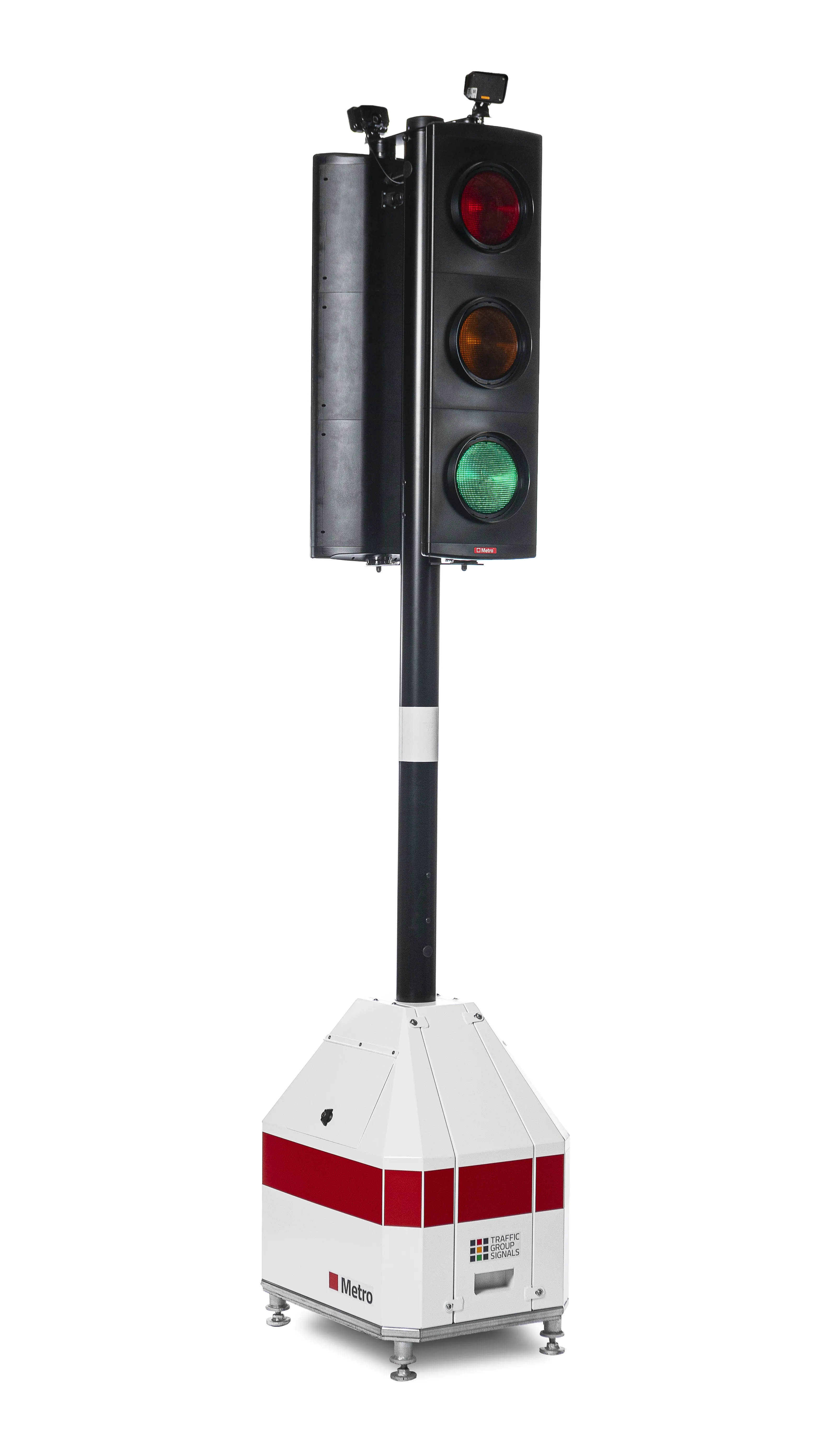A coalition of leading manufacturers, contractors and associations
from various industries called the
The TCC is asking
LaHood to block the
Increasingly, the technology is used to map and survey construction sites including the location of buried and overhead utilities, allow precision grading and enhance material application. It is also used to prevent theft of construction equipment, and provide real]time monitoring for equipment maintenance.
The
The TCC letter also makes it clear that “We do not object to the goals of increasing wireless data capacity and competition but the available test data has shown overwhelming interference, and LightSquared should not be allowed to launch in the spectrum adjacent to GPS and jeopardise construction operations.”
This GPS technology helps improve worker safety, reduces project delays, reduces fuel consumption and produces a more efficient worksite. Any interference with these signals would be extremely disruptive to the many benefits GPS has brought to construction sites. The TCC does not object to the goals of increasing wireless data capacity and competition but it claims that test data has shown overwhelming interference, and LightSquared should not be allowed to launch in the spectrum adjacent to GPS and jeopardise construction operations.
The TCC coalition said that “Increasingly, the technology is used to map and survey construction sites including the location of buried and overhead utilities, facilitate precision grading and enhance material application. It is also used to prevent theft of construction equipment, and provide real-time monitoring for equipment maintenance. This GPS technology helps improve worker safety, reduces project delays, reduces fuel consumption and produces a more efficient worksite. Any interference with these signals would be extremely disruptive to the many benefits GPS has brought to construction sites.”
The TCC is a partnership of 29 national associations and construction unions representing hundreds of thousands of individuals with a direct market interest in federal transportation programs. TCC member organisations represent contractors, the planning and design community, materials and manufacturing industries, and their employees. The TCC is urging LaHood's active engagement to protect GPS use in the construction and transportation sectors.








